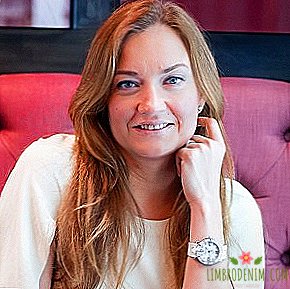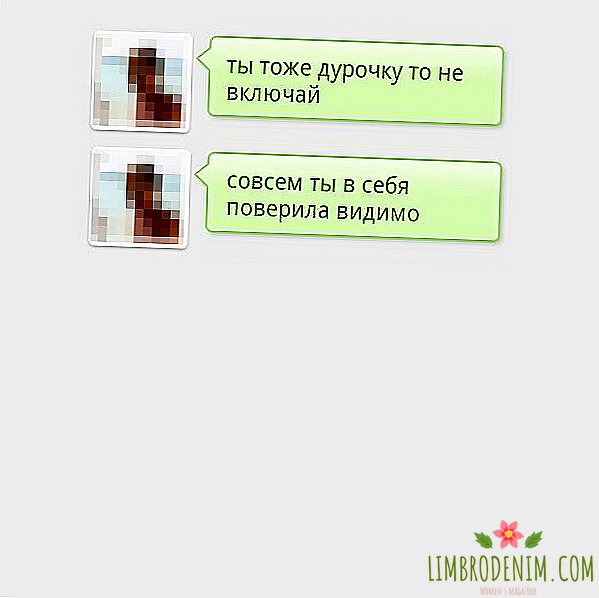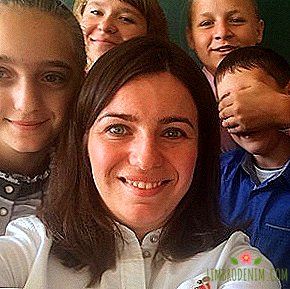Activist Maggie Barankits: I saved children from genocide in Burundi
We know a lot about the problems of Europe and the USA while African countries remain in the shadows - local activists see this as a big problem. In the mid-nineties in Rwanda and Burundi at least 800 thousand people became victims of mass killings. One indigenous population killed another: the Hutus were destroyed by the Tutsis and the latter, of course, put up armed resistance. One of the notable heroines of that time in Burundi was Maggie Barankits - she managed to save twenty-five children from a mass slaughter, and later helped thirty thousand people survive, get medical help and find work thanks to the project "House of Shalom." The genocide was over, but now Maggie is on the run again: because of the difficult political situation in Burundi, she had to leave for Rwanda. We talked with Barankits and found out how she managed to survive the murders of her own relatives, who helped her save children and why she was considered a criminal in her native country.
"My place in Burundi"
The genocide in Burundi began in 1993 — at that time I was thirty-seven years old. Before that, I managed to learn in Switzerland, live in France, work as a teacher, serve in the Catholic Church and adopt seven children. I always wanted to help people, but only during these terrible events it became clear that I have a purpose. Dozens of my relatives were killed during the genocide - there was almost no hope. Sometimes it seems to me that if I were not a Christian, I would commit suicide. At the same time, I realized that I had a rare opportunity to leave, giving up my identity, but I did not do that.
When the criminals killed my biological family, I decided not to hate, but to protect others. It was hard - seventy people were killed before my eyes, whom I tried to hide in the church. But twenty-five children managed to be saved - it was they and seven other foster children who created the house, which later became known as “House of Shalom”. It was insane to take them under my responsibility: I had no food, no medicine, no money. We walked, and the children themselves did not understand where we were going and where we could hide. Then one little boy Fabrice offered to go to my friend Martin from Germany. Fabrice offered to write him in German (I taught him a little in Switzerland) so that no one would know about our plans. We took refuge with Martin, and I hoped that the situation would soon improve, but in the end we stayed with him for seven months. He suggested that I go to Germany, but I already realized that my place was in Burundi.
"House Shalom"
First aid "Home Shalom" came, of course, from Germany. Martin returned there and organized the delivery of food and basic necessities to us, Caritas Germany helped with the car, the local Catholic church made it possible to rebuild the destroyed school, also a lot of help came from Switzerland and France, where I had friends. Together with my brother, we began to distribute information about our project through journalists. As a result, UN representatives from New York, Queen of Luxembourg, came to us. The last major assistance came from the humanitarian initiative "Aurora" from Armenia in 2016 - I won a prize of $ 1 million, which I sent to charitable foundations on the ground.
The money came in, and we expanded the "House of Shalom." In Burundi, we created a microfinance bank, a hospital, schools, special educational institutions, cooperatives, and a cinema. “House Shalom” earned money and could cover many of its needs without outside help.
For large organizations like UNICEF, it’s hard to work in the field - it’s a huge structure with a complex mechanism. We could provide assistance targeted. We were approached by completely different people - from orphans with HIV, women who survived rape, to former military men, who decided not to participate in hostilities anymore. They all needed different things. For example, the former military needed his home and a stable job so as not to start killing again. But all of them were united by one thing - the need for education and independence. We gave out micro-loans for business, helped to enter universities. Why do people leave? Because no one helps and does not give them work and social guarantees at home. Interestingly, almost none of those who have studied abroad stayed there - my children returned, because they knew where they could apply their skills and knowledge.
Escape to Rwanda
If there are corrupt and embittered authorities in the country, doing good things is very difficult. You build - they destroy. In 2015, the President of Burundi, Pierre Nkurunziza, was elected for a third term, violating the constitution. Young people across the country opposed - in response, they began to disappear, they were killed, the number of political prisoners sharply increased in the country. International organizations did not have the opportunity to work well in Burundi, so we still do not know the number of dead and missing protesters. When I came out in support of them, they began to threaten me, so I soon had to leave the country. Later I learned that the president had put me on the international wanted list.
Because of this, I had to transfer my projects to Rwanda - one of the few African countries where they managed to create a democratic government. Rwanda also survived the genocide, but made the right conclusions, unlike Burundi. A huge number of people fled from the latter, because the country has turned into a prison - and now I help the refugees.
Now I am engaged in a refuge for refugees "Oasis of Peace" in Rwanda and I try to give people just shelter - it is important to always remember that these are people like us who just got into terrible circumstances. Just like everyone else, they want to be independent and develop. In the “Oasis of Peace” we try to offer refugees study and work: we teach how to cook, sew, draw, work on computers, helped three hundred people to return to universities. We have our own restaurant where you can work, someone opens their own business. Now we need money again, because we are cut off from Rwanda, but I’m sure that the last word will be for love, not for hate.
Cover: Getty images





